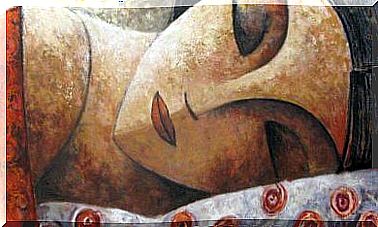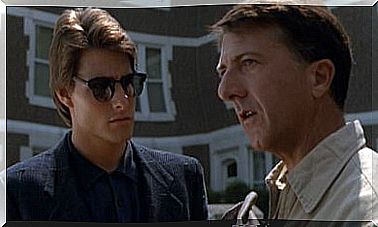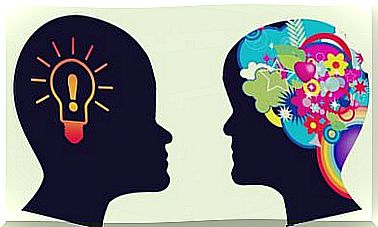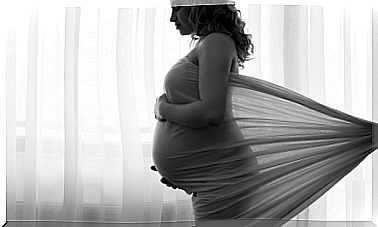Leonhard Euler, Biography Of A Prodigious Mind
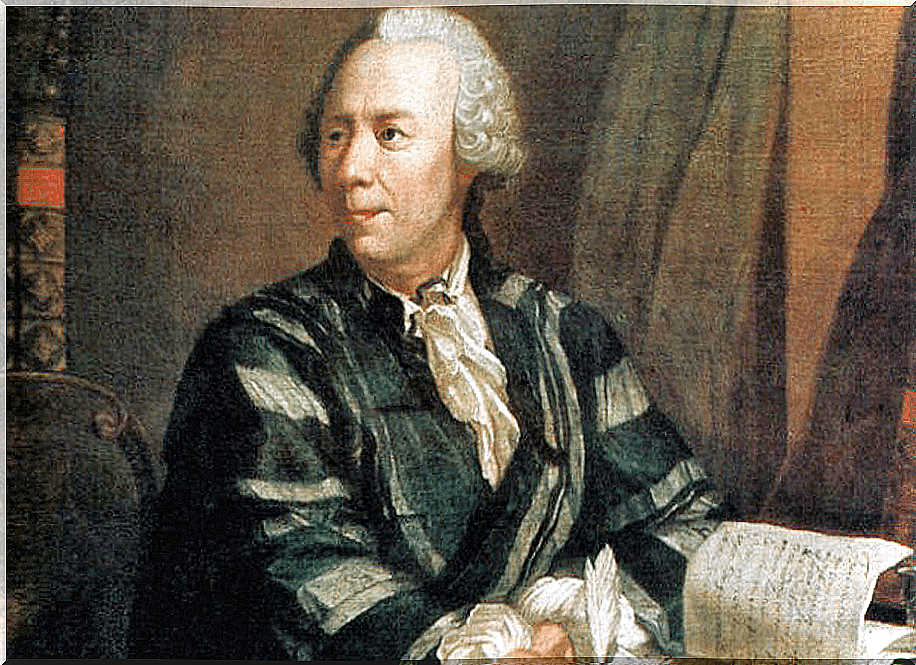
Perhaps the collective memory has not done enough honor to the memory of Leonhard Euler, one of the most prodigious minds of all time. He was the most important mathematician of the entire 18th century, but he could also be considered the most outstanding in all of history.
Leonhard Euler was a genius at mathematics, but this was not his only area of work. He also dabbled in physics, astronomy, philosophy, and even classical literature and languages. A compilation of all of Euler’s works is estimated to span something like 80 volumes.
Although universally known mainly for the famous “Euler number”, the truth is that his contributions are innumerable. His discoveries and research are so many that they stopped bearing his surname simply due to saturation. It is not for nothing that an asteroid and a lunar crater have his name.
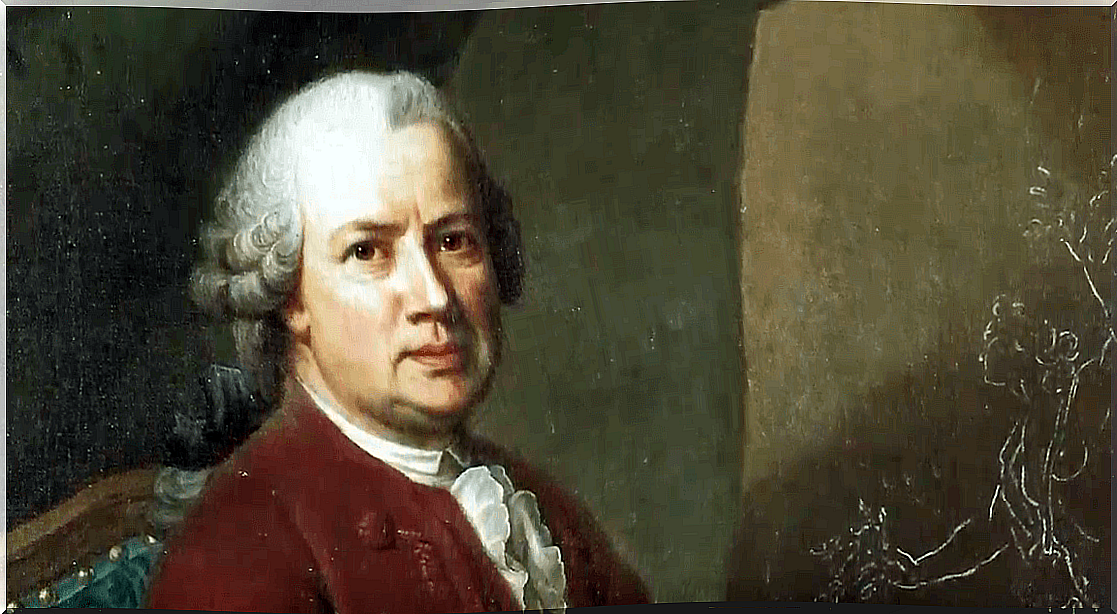
Leonhard Euler a precocious genius
Leonhard Euler was born in Basel (Switzerland) on April 15, 1707. His family was deeply religious and this marked him for life. He was the eldest of the children and had two younger sisters, Anna María and María Magdalena.
When he was just a child, he was sent to live with his grandmother, to facilitate his training. From a very young age he became fond of mathematics, a science that he practically learned on his own, reading books on the subject. At the age of 13, he entered the University of Basel. At 16 he received the title of Master of Philosophy.
By then he had already come into contact with Johann Bernoulli, who was a friend of the family and the most famous mathematician in Europe. It was he who persuaded Leonhard Euler’s father to allow him to change his studies in theology, which he had already started obeying a paternal order, for the area of mathematics.
Euler the mathematician
At the age of 19, he received a doctorate in mathematics and also published his first scientific article (1726). He also knew Greek and Hebrew. In 1727, he participated in a competition organized by the French Academy of Sciences, which sought the best position for a ship’s mast. Euler got second place. In the following years, he won the award 12 times.
His great goal was to become a professor of physics at the University of Basel. The owner had died and wanted to keep the square. To achieve this, he wrote an article on acoustics, which later became a physics classic. However, he was not given the position, perhaps because of his extreme youth.
Bernoulli, his mentor and benefactor, helped him obtain a professorship in Saint Petersburg, Russia. He occupied it in 1727 and two years later he was elected a member of the city’s Academy of Sciences. Also at that time he served as a medical lieutenant for the Russian navy.
The consecration of genius
In 1733, Leonhard Euler was left with the post of full professor in Saint Petersburg. The following year he married Katharina Gsell, with whom he had 13 children, of whom five survived. Euler said that several of his most important discoveries had taken place with a baby in his arms or with children playing around him.
In 1735, he contracted a strange fever that took the vision out of one of his eyes. He was on the brink of death. However, based on many efforts, he continued with his prolific work. By 1740 he already had continental fame and Frederick the Great invited him to join the Berlin Academy of Sciences.
There he became the teacher of the king’s niece and wrote his famous work Letters to a Princess of Germany. This was the most widely read of its time in Europe and North America. He lived there for 25 years, but his relationship with the king deteriorated. He called him “The Cyclops” and saw him as very vulgar for his court.
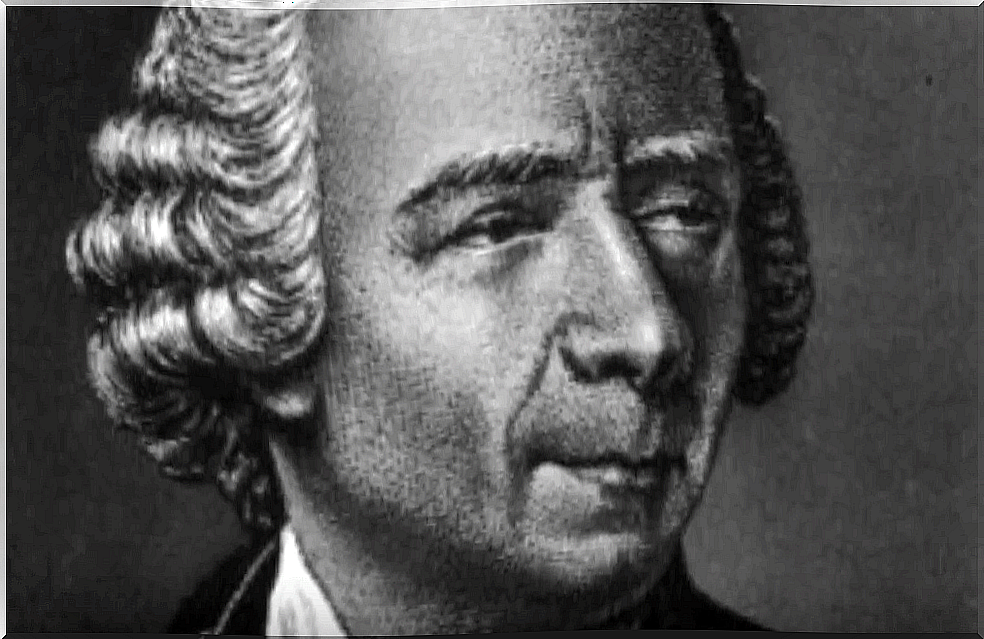
Death and legacy
In 1766, Leonhard Euler decided to return to Saint Petersburg. Soon after, he was completely blind. This genius had an absolutely amazing memory. It is said that he could recite the Aeneid letter by letter. This extraordinary ability allowed him to continue his work, despite his blindness.
His children helped him in this titanic work. More than half of Euler’s work was made under conditions of blindness. His wife died in 1773, after 40 years of marriage. Euler remarried three years later.
At 5 o’clock in the afternoon in 1883, Leonhard Euler suffered a very strong malaise. ” I’m dying, ” he said, before losing consciousness. He died at 11pm from a brain hemorrhage. His figure appears on Swiss banknotes and postage stamps. Seven streets of the world are named after him.

